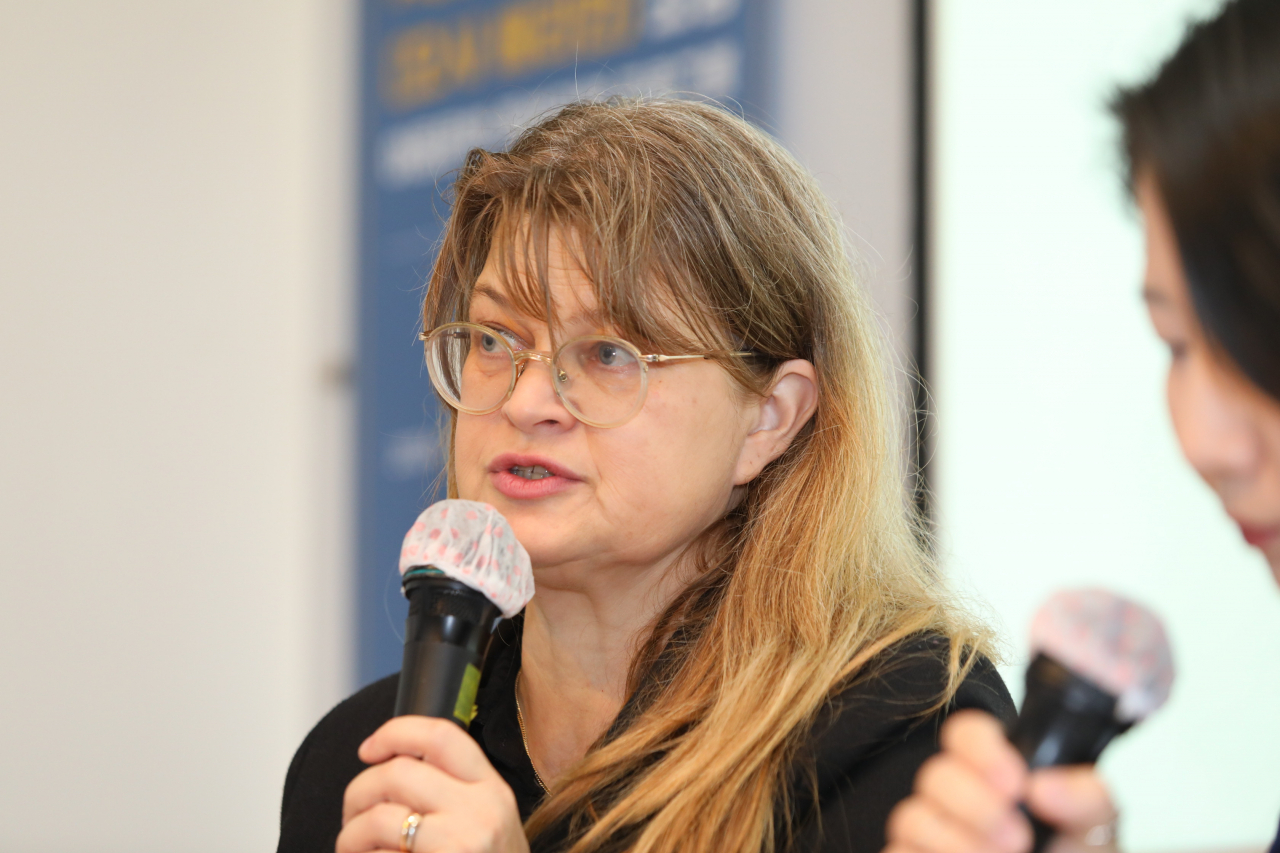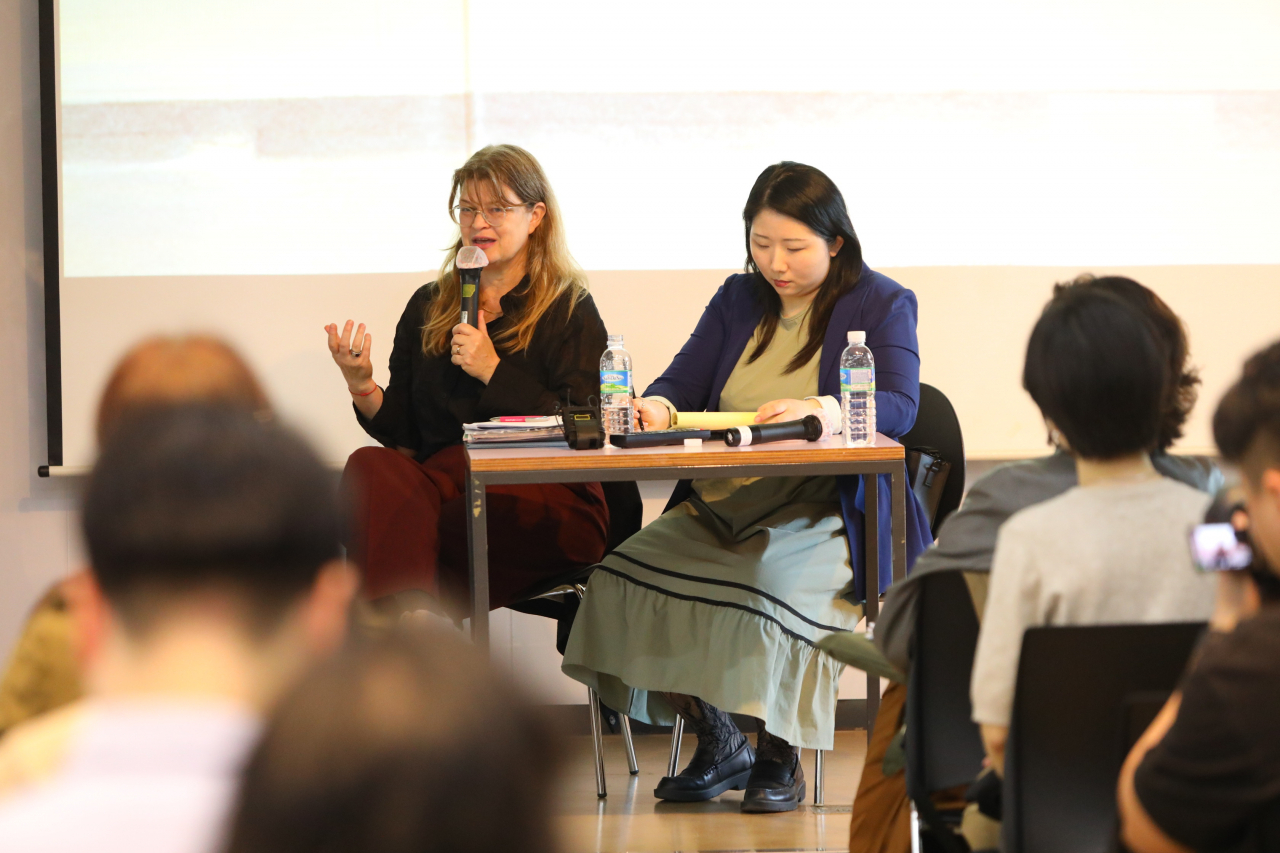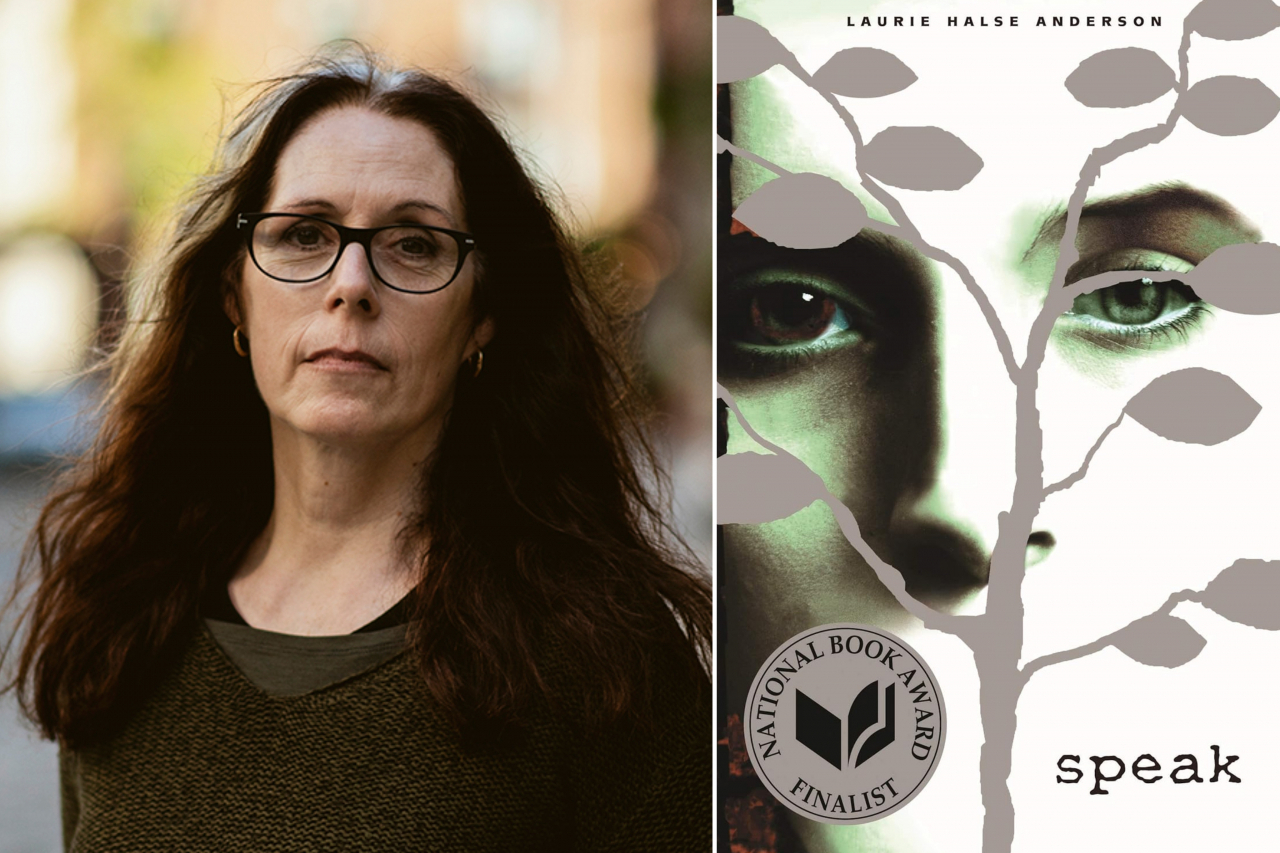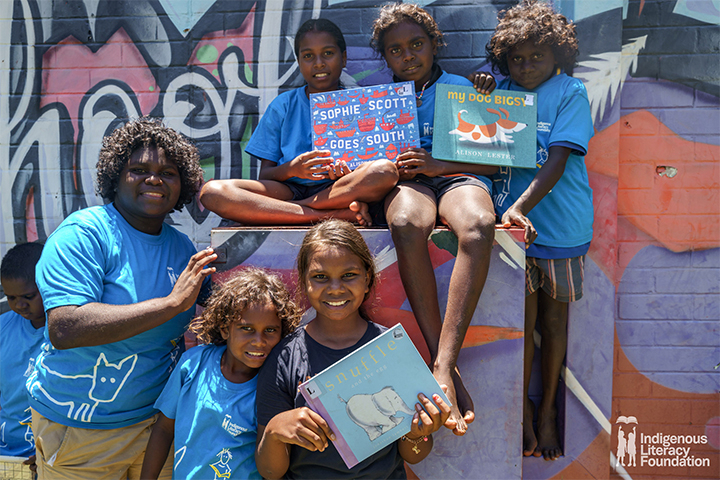 |
Asa Bergman, head of office at the Astrid Lindgren Memorial Award, speaks during a talk on children's literature at Arko Art Center in Seoul on Thursday. (Arts Council Korea) |
Speaking out against book bans, Asa Bergman, head of office at the Astrid Lindgren Memorial Award, expressed strong opposition to banning books at school libraries, emphasizing that “access to literature for children and young adults will always be a precondition for democracy and openness.”
“I’m against book bans of any kind, anywhere,” Bergman told The Korea Herald on Thursday in Seoul, following her lecture on the prestigious children’s literature award and the right of young people to read stories.
“Children generally have a pretty good sense of what they can read and what they can’t read. If they are sensitive to something they’ll probably avoid that by themselves,” said Bergman.
Bergman noted the importance of professional guidance in libraries.
“I would also like to add the one thing that's really important is to have librarians in libraries. If you have a school library, you need to have a school librarian who can be a guide to a child who visits the library.”
 |
Asa Bergman (left), head of office at the Astrid Lindgren Memorial Award, speaks during a talk on children's literature at Arko Art Center in Seoul on Thursday. (Arts Council Korea) |
The issue of censorship in schools has gained fresh controversy in Korea this year as some civic and parent groups called for bans on certain books, citing content they deem inappropriate for young readers.
Earlier this year, the Swedish sex education book “Respect: Everything a Guy Needs to Know About Sex, Love and Consent” by Chavez Perez was removed from school shelves and restricted in public libraries by the Publication Ethics Commission under the Culture Ministry. The ban, in place for one month, was lifted on June 25 after the book's publisher, Moonye Publishing, filed an appeal for a reevaluation of the commission's ruling and the Swedish Writers' Union released a statement on June 20 calling for the ban to be reversed. The Korean Teachers and Education Workers Union and other civic groups also held protests against the ban in June.
Even a work by this year's winner of the Nobel Prize in literature Han Kang was subject to a ban. After she won the prize, news emerged that Han's multiple award-winning novel “The Vegetarian” was among over 2,500 books removed from school libraries in Gyeonggi Province last year after the Gyeonggi Provincial Office of Education advised schools to discard books deemed “detrimental to students.” Following the reports, the education office said it had not asked for the removal of specific books.
During her lecture, Bergman highlighted the approach taken by Sweden, where the right of children to quality literature is protected by law. The Swedish Arts Council operates under the framework of the UN Convention on the Rights of the Child, which Sweden ratified over 30 years ago and incorporated into law in 2020.
“I would also like to mention Article 17 in particular, as it emphasizes children's right to access quality books and other media, and that the government has a responsibility to provide this for children,” Bergman said.
South Korea became a signatory to the convention in 1991, but the convention has not been incorporated into law.
 |
Laurie Halse Anderson (left) and her novel "Speak" (Randy Fontilla, Square Fish) |
Bergman went on to discuss the importance of safeguarding children’s rights and access to stories, as illustrated by the two most recent recipients of the Astrid Lindgren Memorial Award -- American writer Laurie Halse Anderson in 2023 and the Indigenous Literacy Foundation in 2024.
Anderson is best known for her novel “Speak,” which tells the story of a high school student who falls silent after a sexual assault. The novel is frequently a target of censorship and has been on the American Library Association’s list of "most challenged books" since it was first published in 1999, according to PEN America. In the 2022-23 school year, “Speak” and its adaptations were banned at 14 US school libraries.
Bergman noted that book bans have become more widespread in recent years.
“The result of those book bans is that children are being denied access to books and being denied the possibility of reading stories of their choice, stories that can expand their universe or mirror their experiences,” she said. “Very often, it’s the books that challenge the norms or are too outspoken that disappear from the shelves.”
Bergman explained that awards like the Astrid Lindgren Memorial Award play a vital role in shedding light on banned books and countering censorship.
“In Anderson’s case, the award came at a time when she was considering giving up writing altogether. The award has given her the courage to continue writing and to talk about subjects that adults might find uncomfortable but that have been life-saving for her readers: eating disorders, PTSD and other topics,” Bergman said.
 |
The Indigenous Literacy Foundation is a nonprofit organization in Australia that encourages reading and promotes literacy by securing access to good literature for First Nations children of Australia. (Indigenous Literacy Foundation) |
This year’s recipient of the award, the Indigenous Literacy Foundation in Australia, encourages reading and literacy by ensuring access to quality literature for First Nations children. This recognition again highlights children's right to read, with particular “emphasis on access to books in their language of choice.”
“Unfortunately, the jury's choices of 2023 and 2024 illustrate that children's access to books cannot be taken for granted and must always be on top of the mind for organizations and institutions working with children's literature,” said Bergman.
The Astrid Lindgren Memorial Award is an international children's literary award established by the Swedish government in 2002 to honor the Swedish children's author Astrid Lindgren (1907–2002). The prize carries a cash prize of five million Swedish krona ($468,650), making it the highest-paying award in children's literature and one of the highest-paying literary prizes in the world.
South Korean picture book artist Baek Hee-na won the award in 2020.
Author Ko Jung-wook, author/illustrator Lee Suzy and author Yoo Eun-sil were nominated for the 2025 award last week, with the winners to be announced in April.







![[Today’s K-pop] Blackpink’s Jennie, Lisa invited to Coachella as solo acts](http://res.heraldm.com/phpwas/restmb_idxmake.php?idx=644&simg=/content/image/2024/11/21/20241121050099_0.jpg)